Pyestock NGTE in Fleet was, between 1945 and 2000 the leading site in the world for the research and development of gas turbine jet engines. All of the UK’s major aviation and naval engine projects were housed here including Concorde, Harrier, Vulcan Bomber, The Typhoon EuroFighter, Sea King Helicopter and many, many more. Downed Russian fighters were brought here under a web of secrecy and had their engines reverse engineered. At its height Pyestock employed over 1600 staff. Between 1973 and 2000, new developments in alternative engine testing techniques such as computer simulations gradually made the cost of running the site prohibitive and it was closed down in stages.
From 2006 urban explorers / photographers started infiltrating the site and documenting almost every aspect of the buildings and equipment. Thanks to a fairly active security presence on site the decay has been largely due to natural causes as opposed to vandalism and theft, although there are places where this activity is evident as well. In 2009 the government approved the site for a developer to build a large retail distribution depot for the South of England. Opposition was strong to the project, however there was just too much money to be made for local authorities and the developer for this opposition to succeed. The site was demolished through 2013 with no part saved or preserved in any way. It’s was a magical and unique place that had to be the best industrial explores in the UK if not one of the best in the world.
Source: facebook.com
Extending the boundaries
Source: facebook.com
Welcome poster in the south of the site
Palace of the winds
Source: facebook.com
This is the first shot I took on my first proper explore. The turbine hall or ‘Airhouse’ at the mighty and magical Pyestock NGTE. This place was the powerhouse where pressurised air could be blown or sucked through a series of vast pipes, culminating at the 4 test cells. Air could then be forced through a cell at supersonic speeds so that the jet engine could be tested at the correct air speed and atmospheric pressure without leaving the ground.
Blue Pipes
Source: facebook.com
A few of the many pressurised blue pipes that snaked around the site. All lead to and from the 4 jet engine test cells.
Cell 3 Supersonic Nozzle
Source: facebook.com
Cell 3 Exhaust and Gas Cooler
Cell 3 film set doors
Source: facebook.com
A left over from the filming of Sahara.
Cyclopodean
Source: facebook.com
Reheat
Source: facebook.com
Found bolted into the testing cradle in cell 2.
Cells 1 & 2 controls
Source: facebook.com
Naval test cell control desk
Source: facebook.com
Dial
Source: facebook.com
Found in the Air House
Dial switch
Source: facebook.com
Found in the Air House
Plugs
Source: facebook.com
Found in the Battle Test House
Cell 4
Source: facebook.com
Built specifically to test the Olympus Engines of Concorde
Cell 4
Source: facebook.com
Could produce an internal wind speed of over mach 2 and lower atmospheric pressure to Concordes cruising altitude of 57,000 feet.
Cell 4
Source: facebook.com
Inside the Cell 4 Plenum Chamber
Source: facebook.com
Cell 4 hatch
Source: facebook.com
Opened into the capsule where the Olympus engine would have sat.
Cell 4 from above
Source: facebook.com
Fibre
Source: facebook.com
Winch Hook
Source: facebook.com
CECA Air Dryer
Source: facebook.com
Cell 1
Source: facebook.com
Plane shell
Source: facebook.com
Power Station
Source: facebook.com
Rusty equipment in the Air House
Source: facebook.com
Cells 1 & 2 loading bays
Source: facebook.com
Inside Cell 3 West
Source: facebook.com
Goodbye Pyestock
Source: facebook.com
The site was unique and the world will never see anything like it again.

 Dark Mode
Dark Mode 

 No fees, cancel anytime
No fees, cancel anytime 


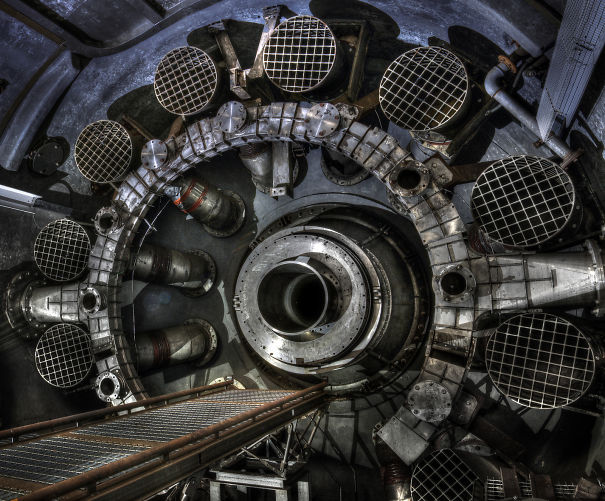

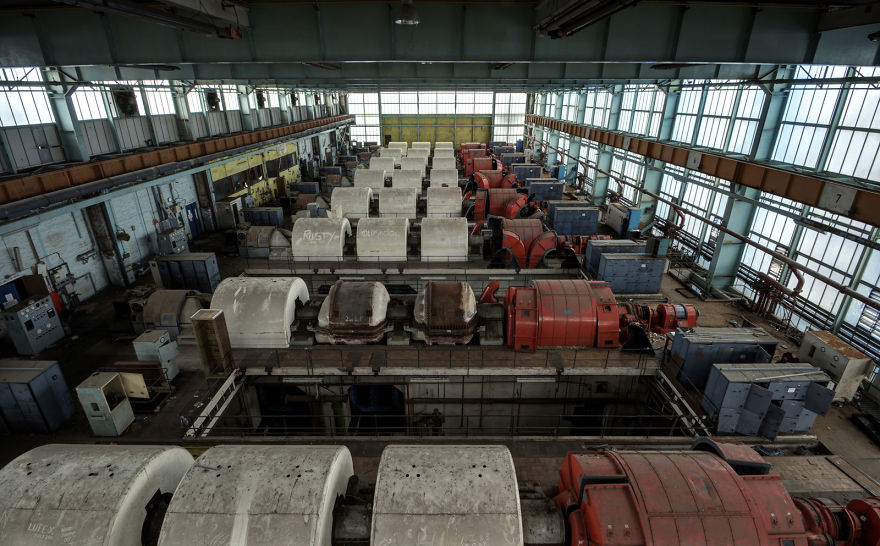
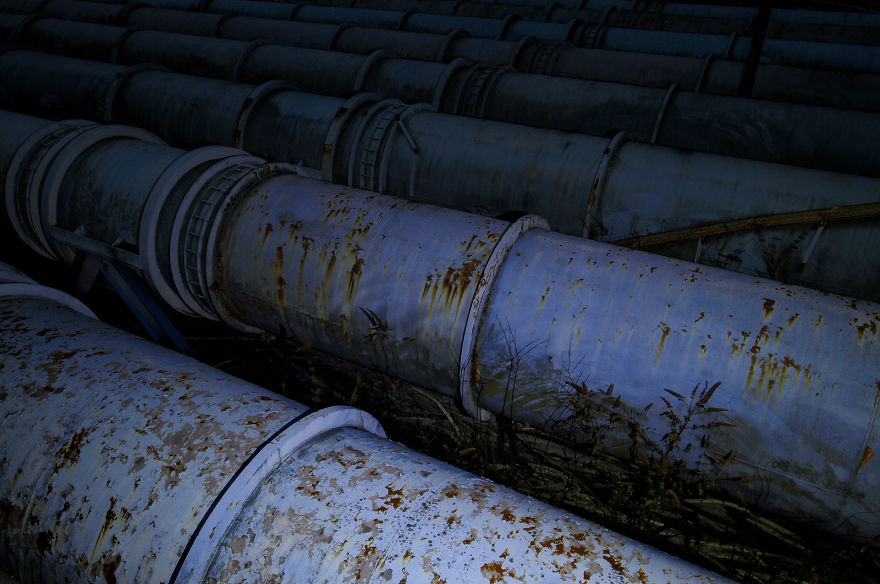
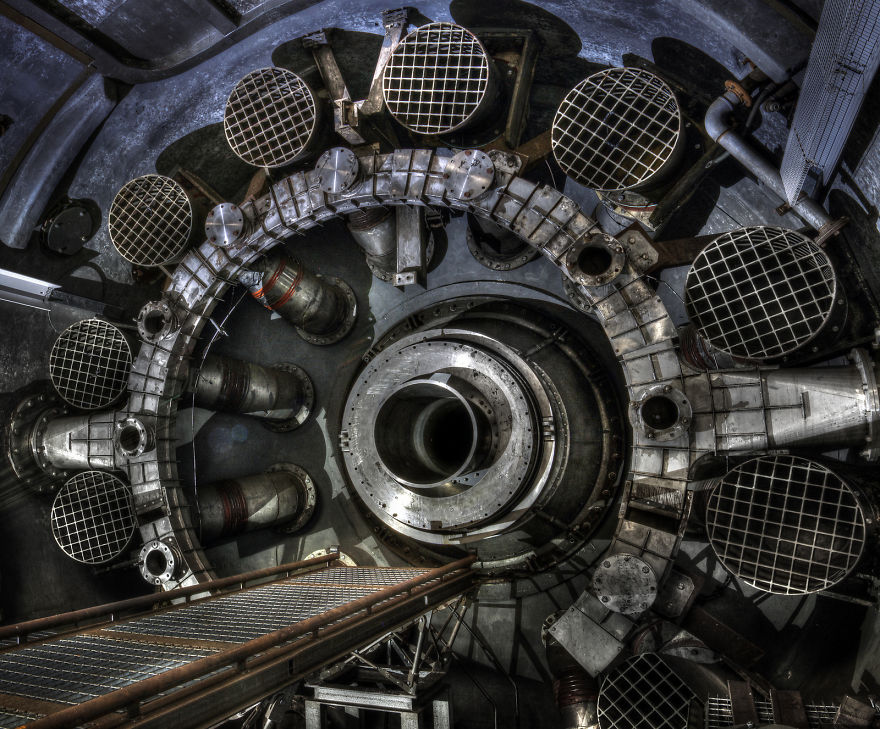
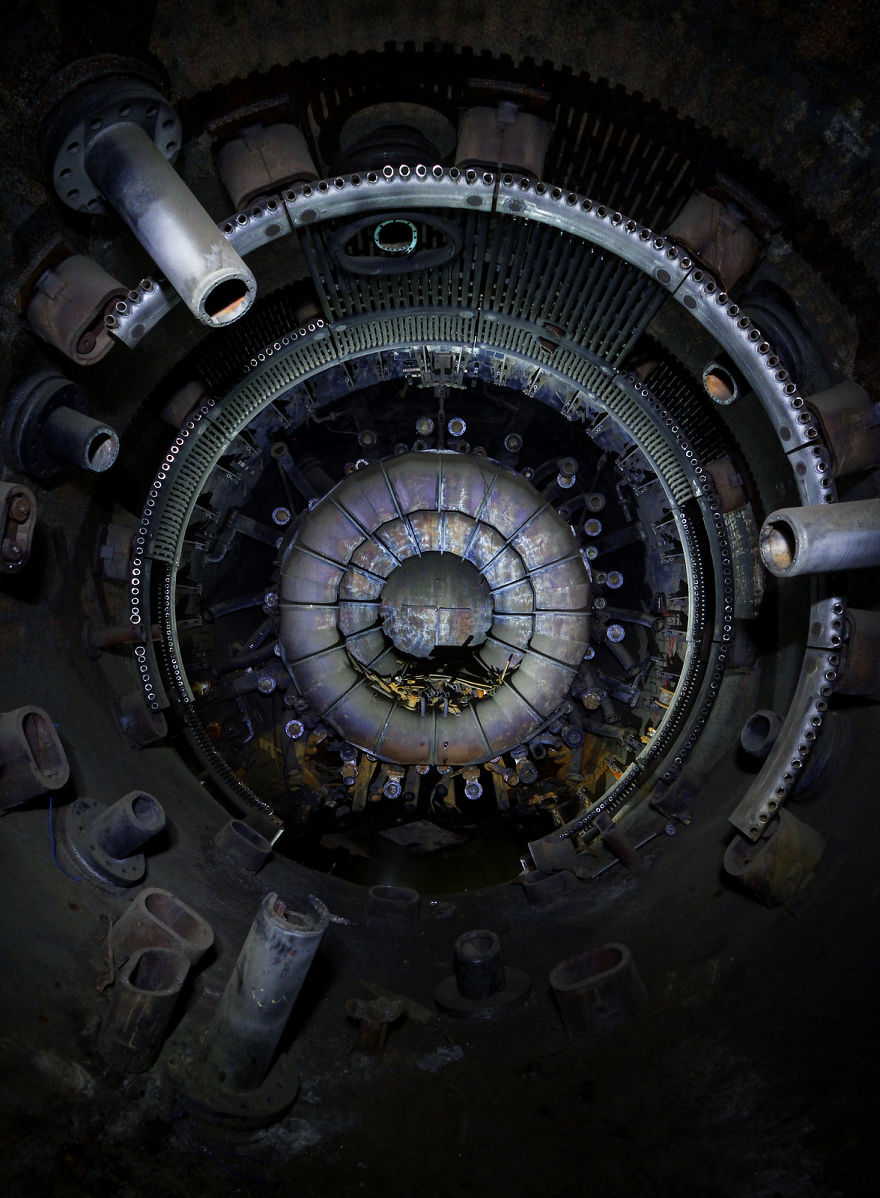
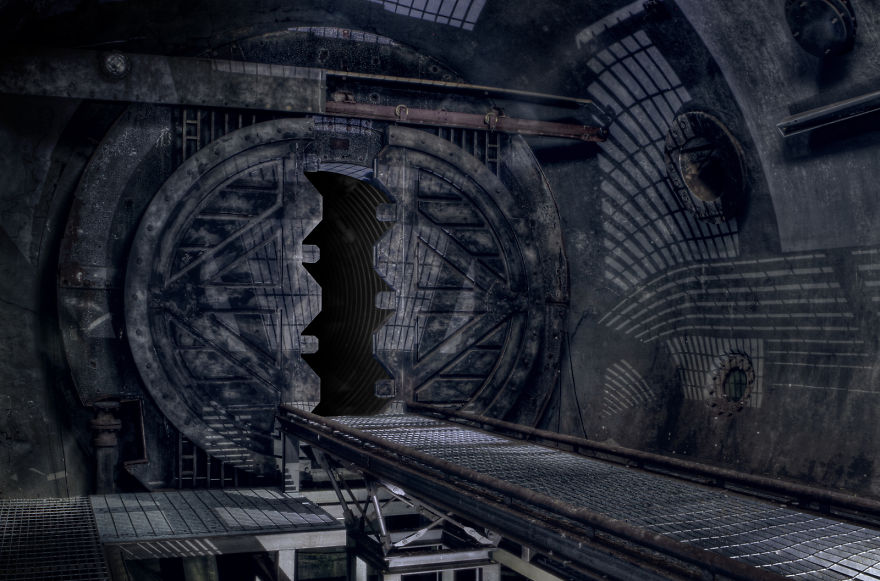
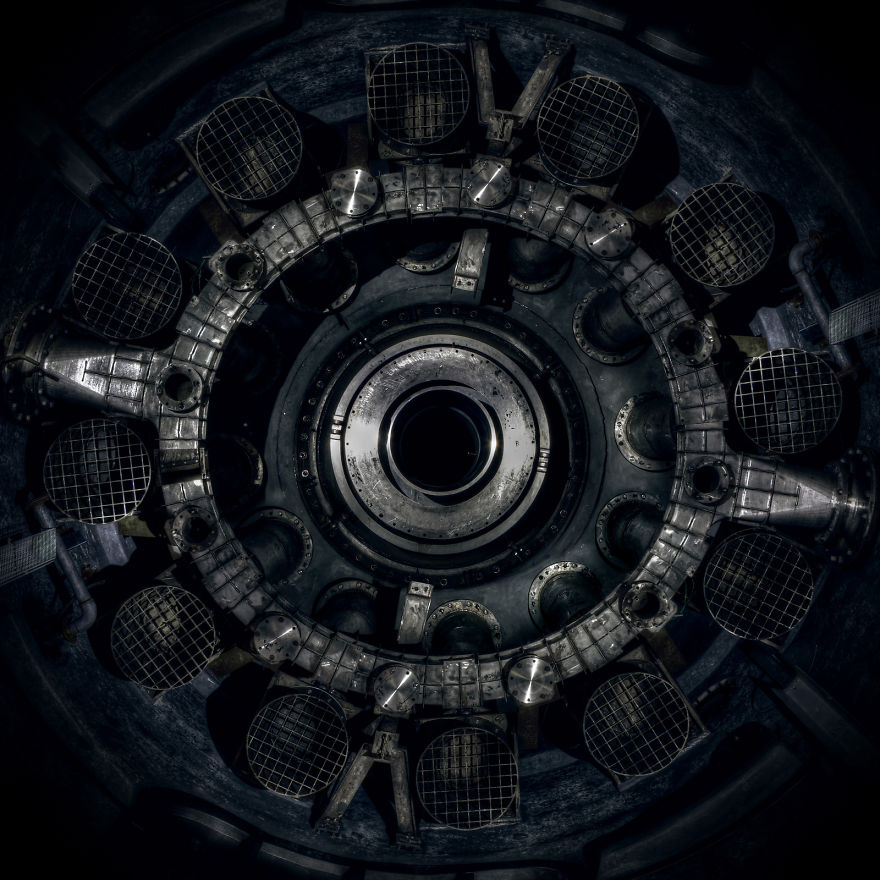
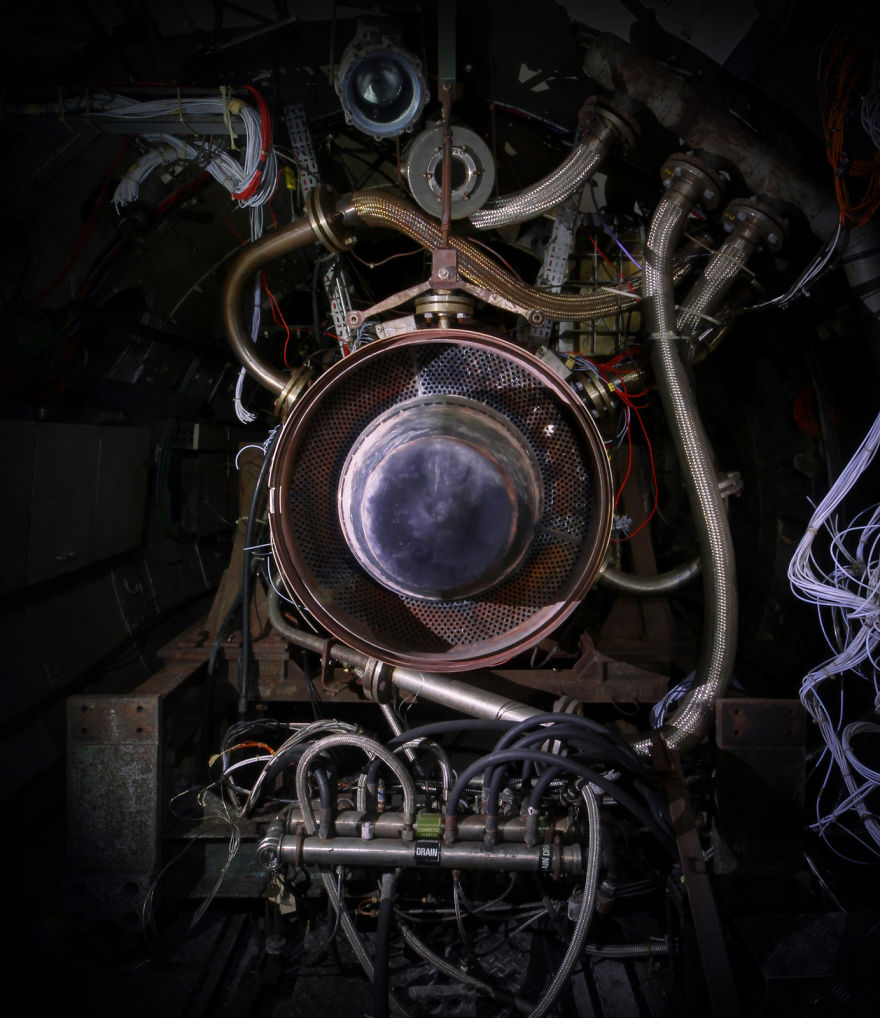
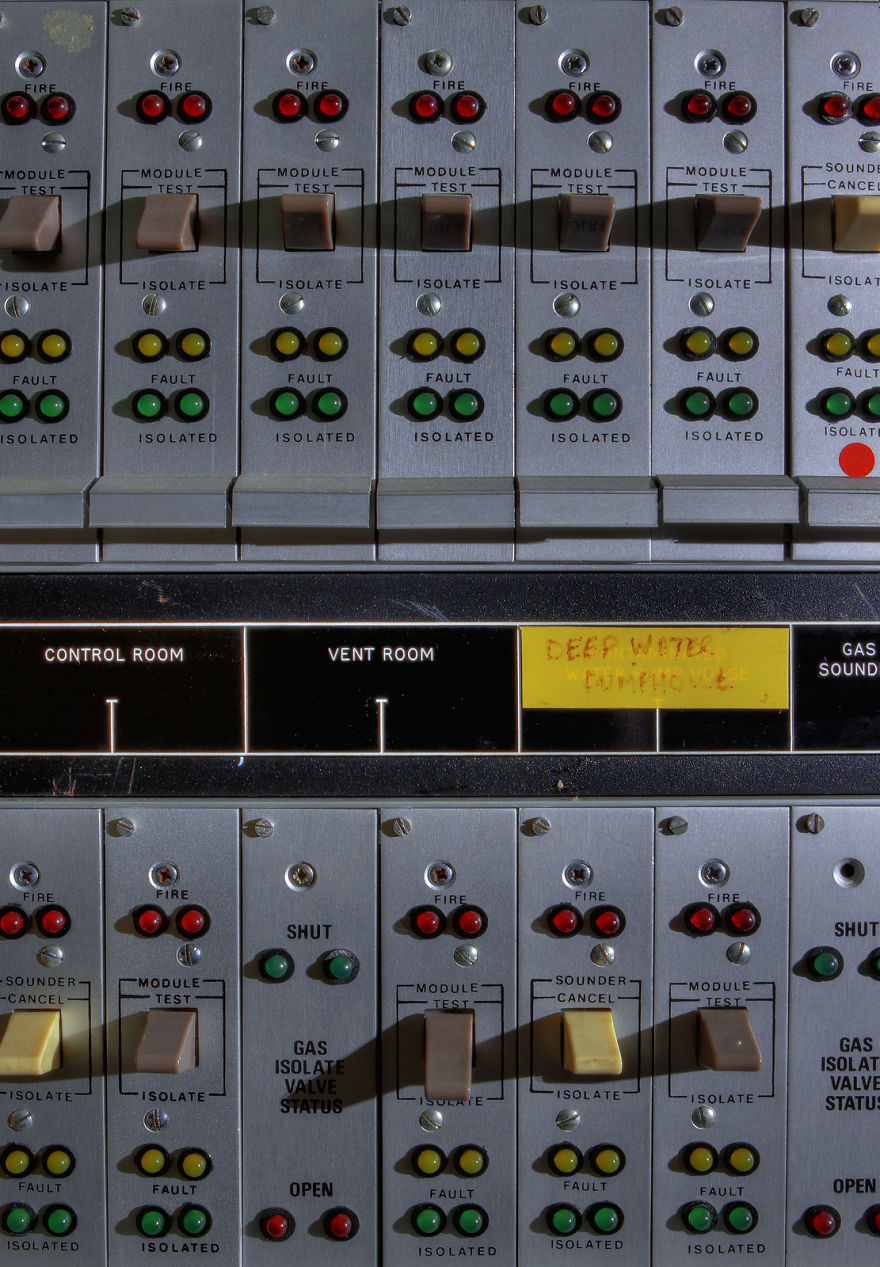
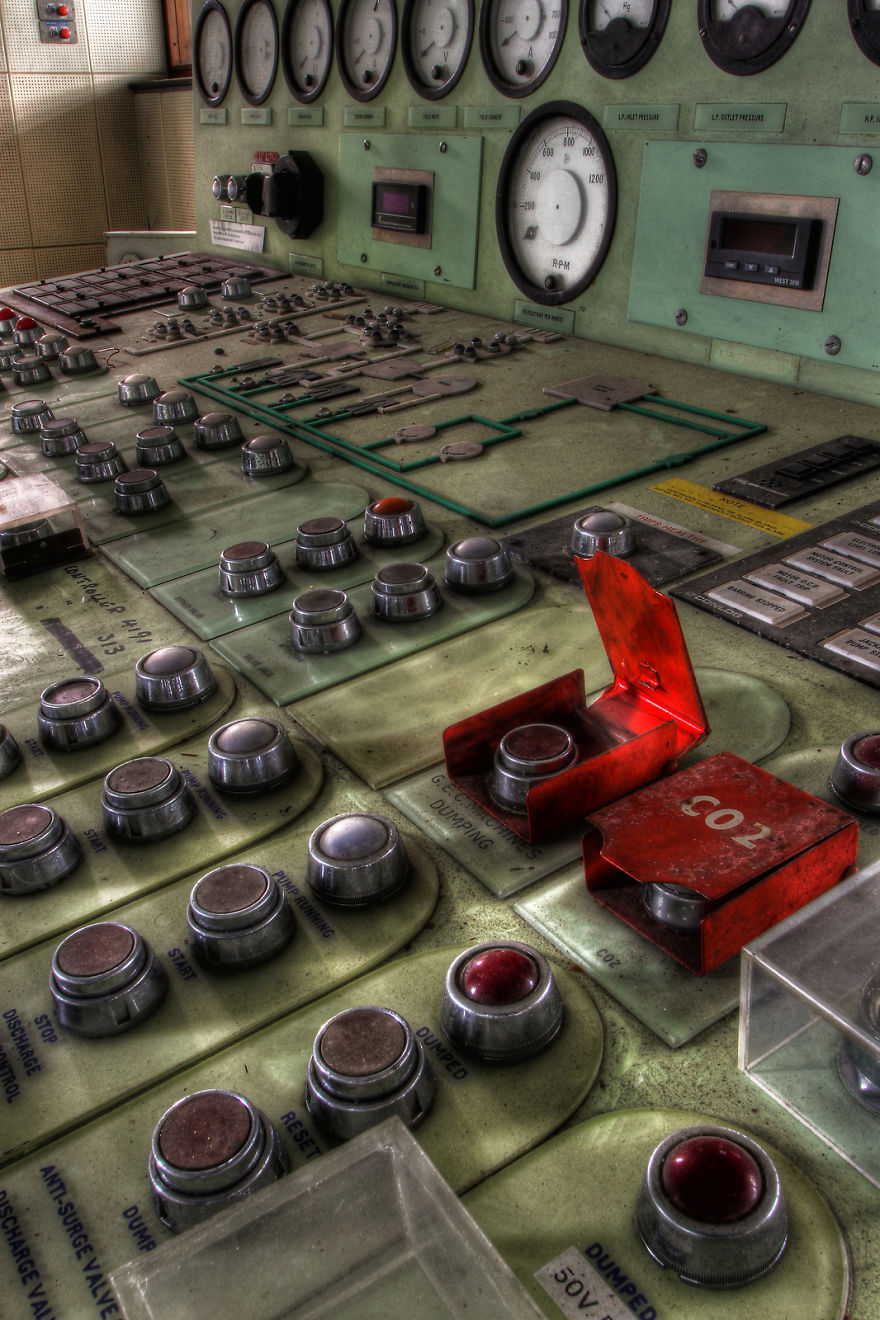
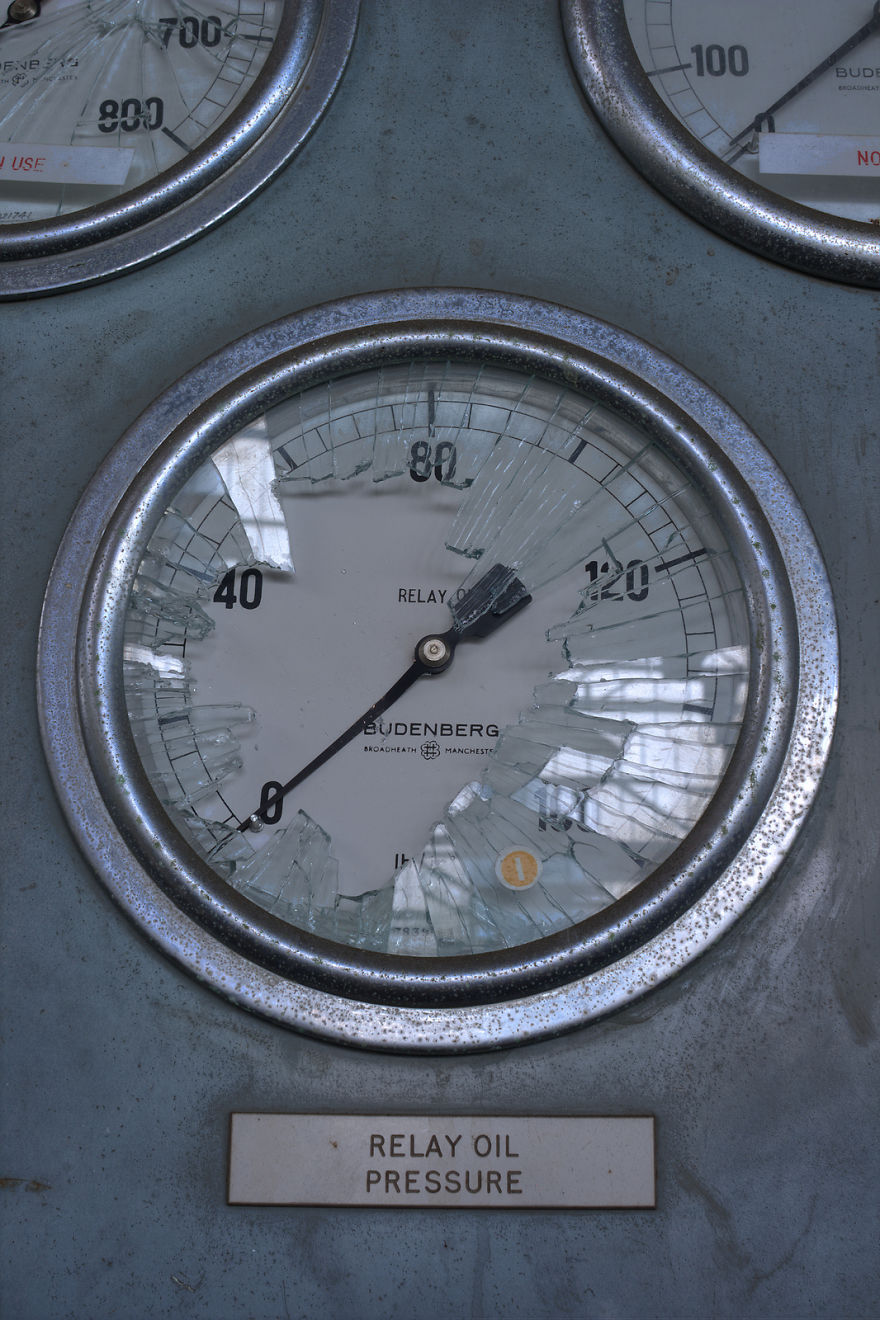
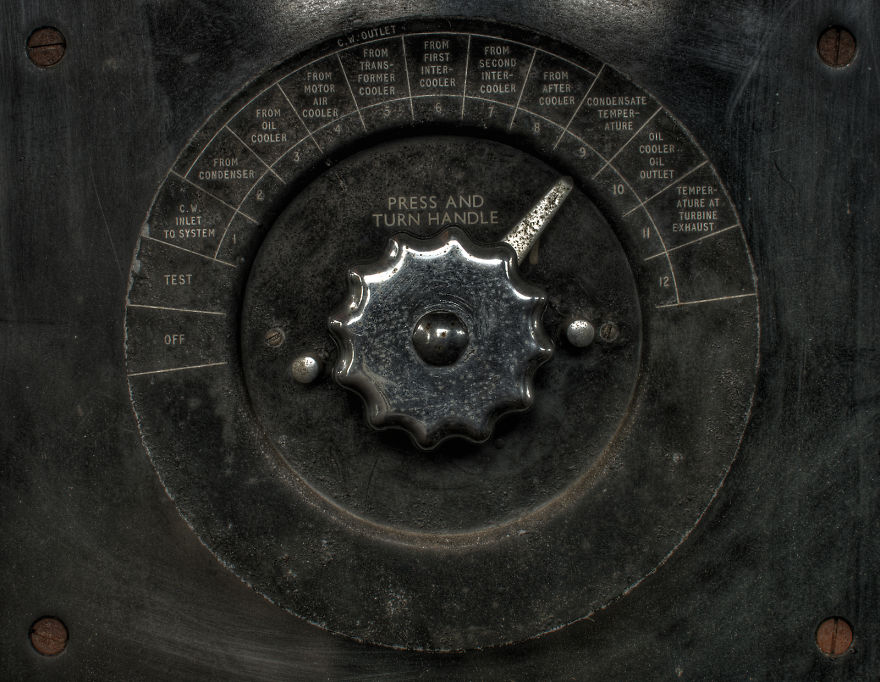
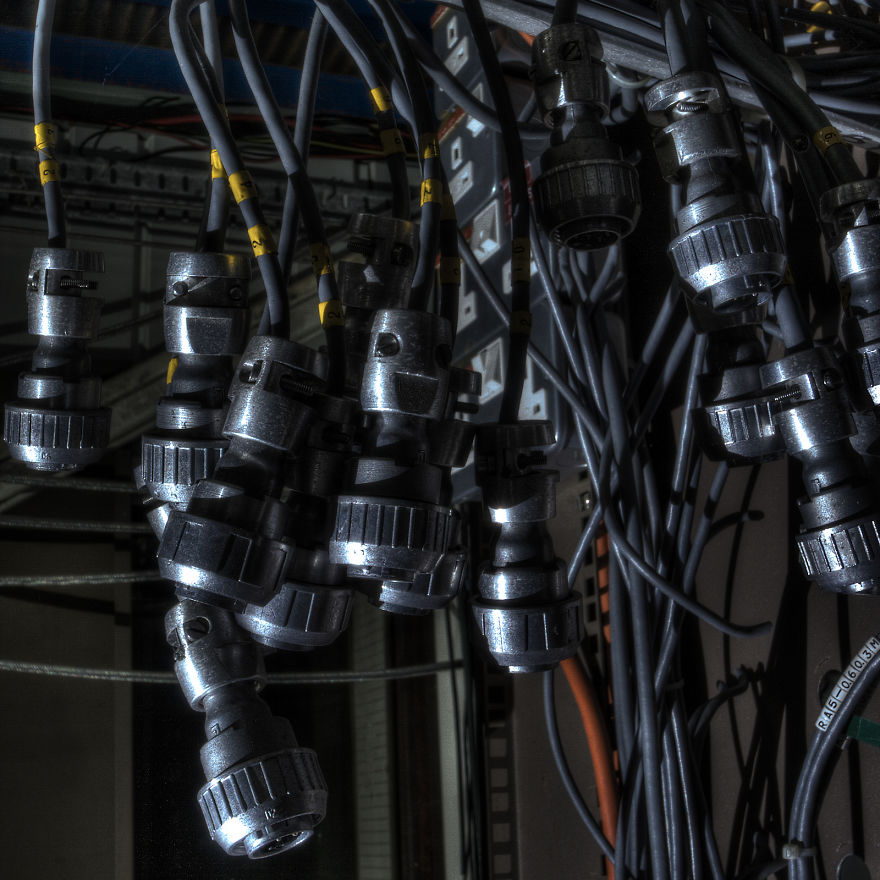
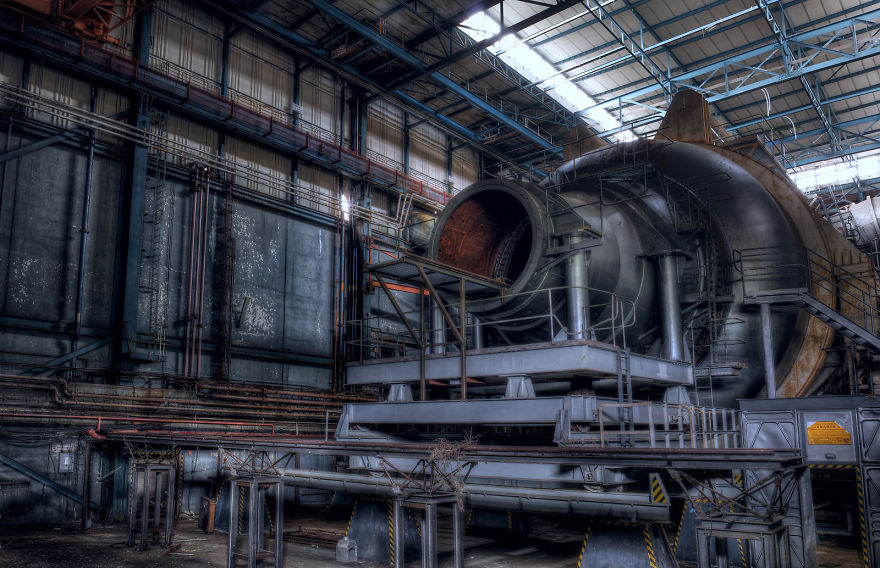
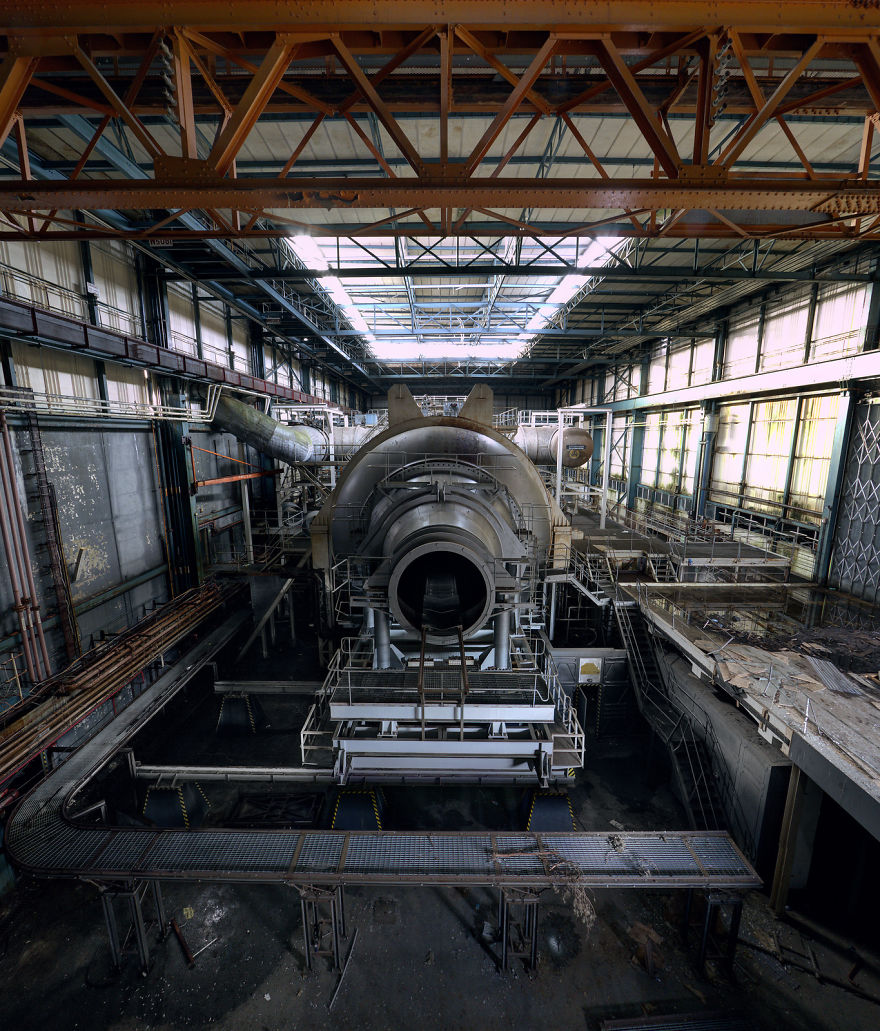
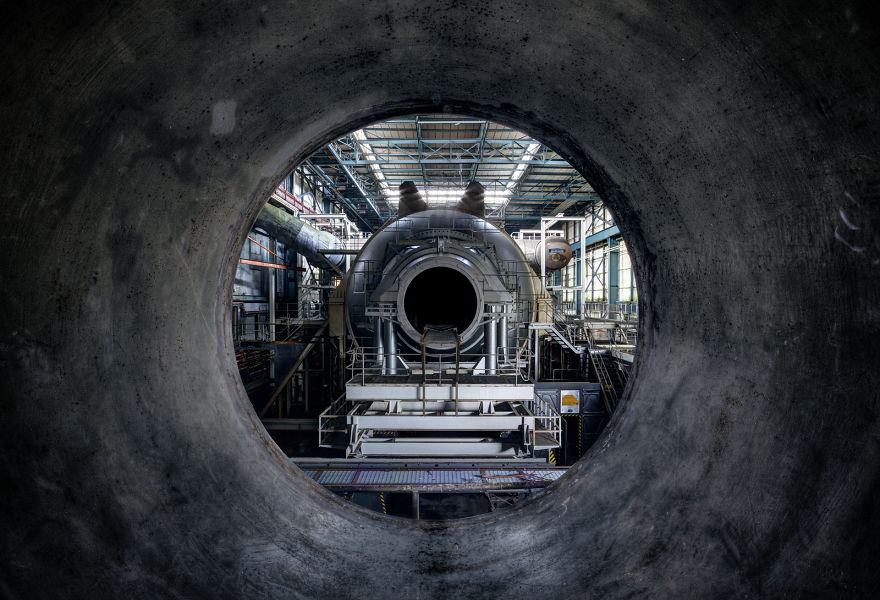
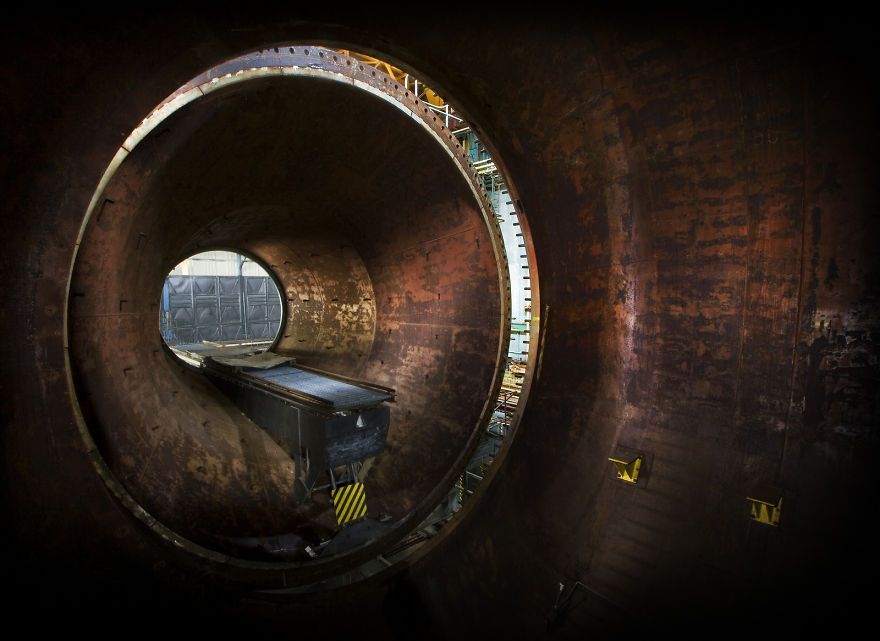
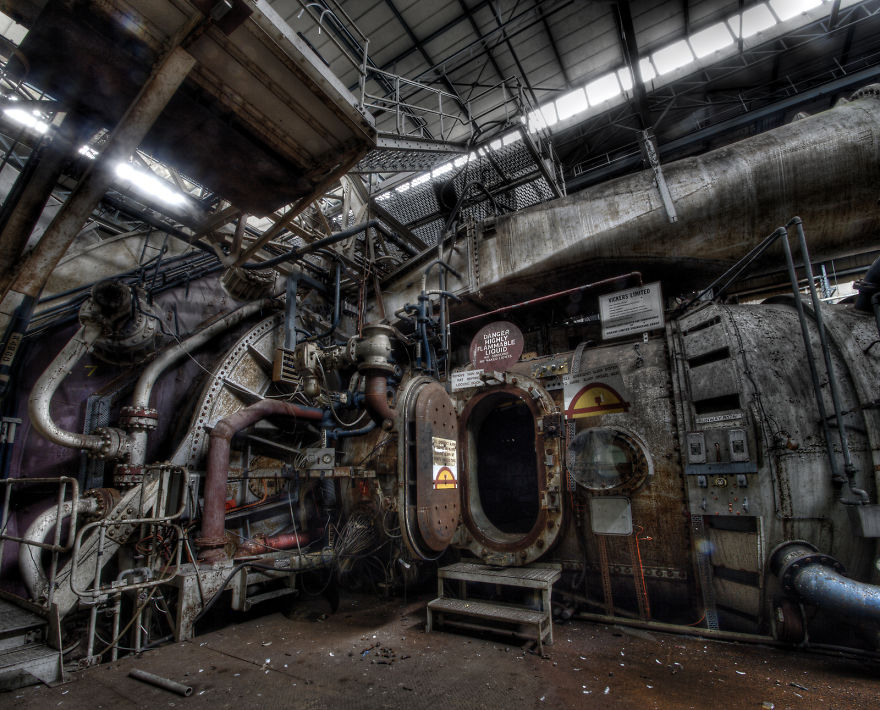
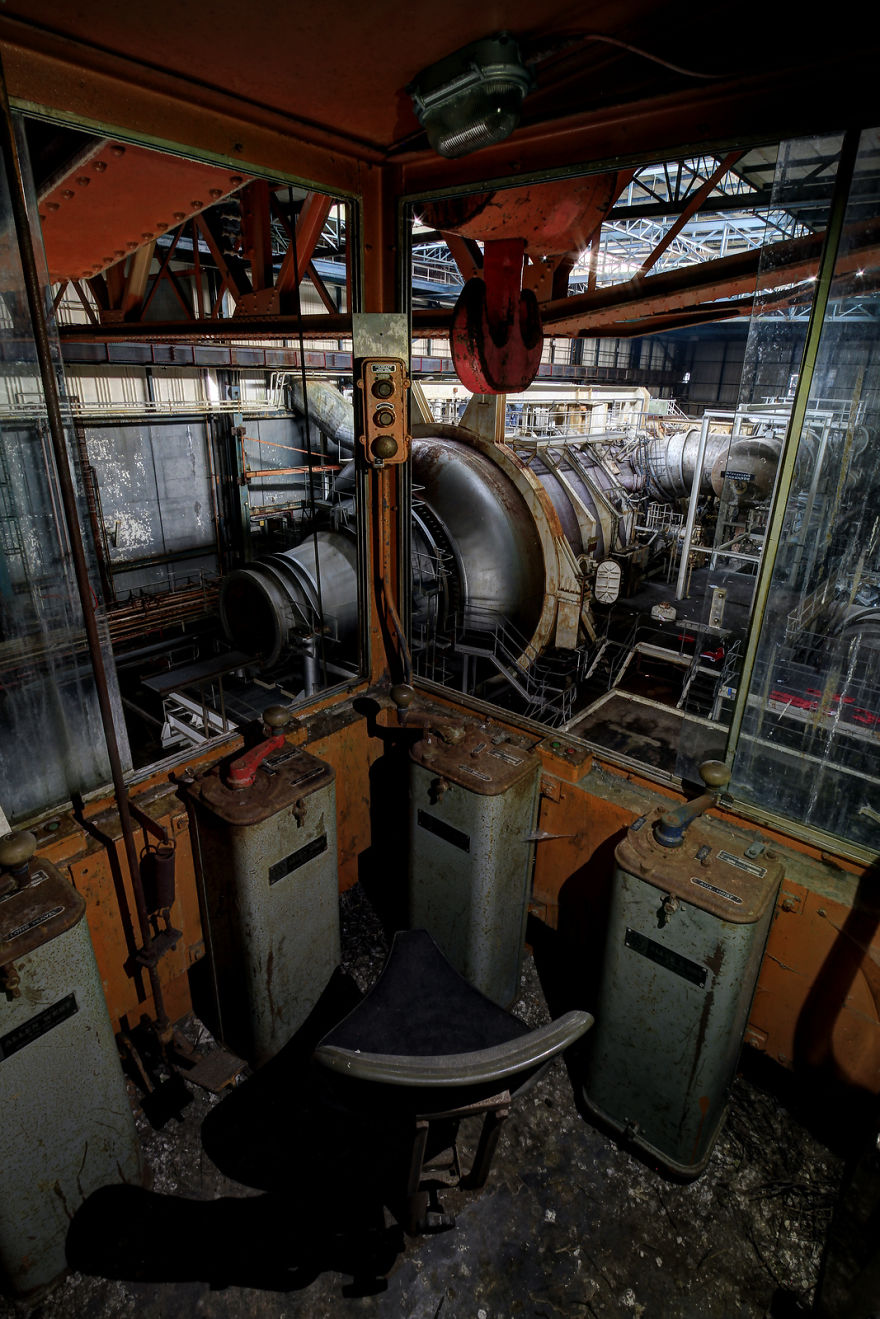
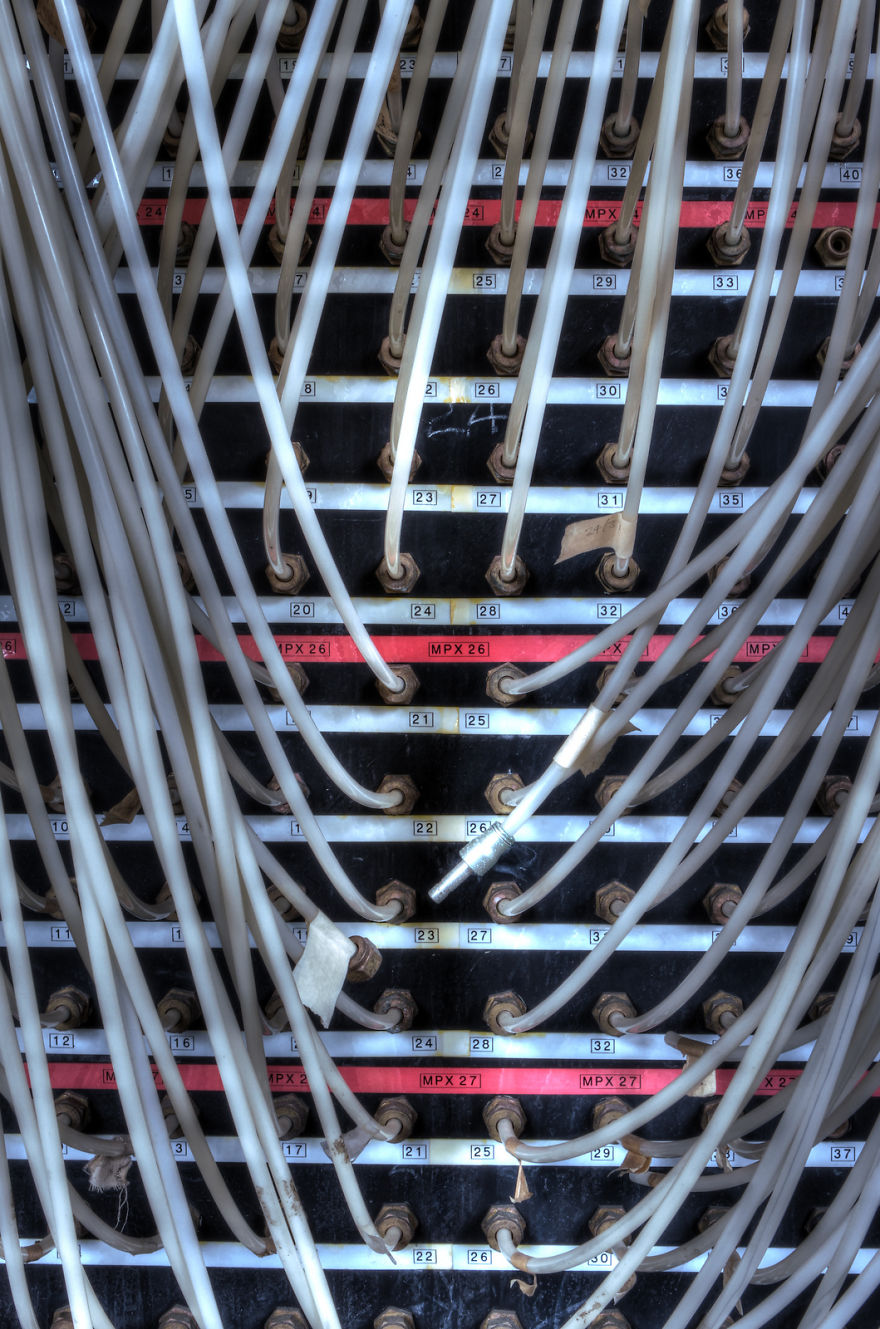
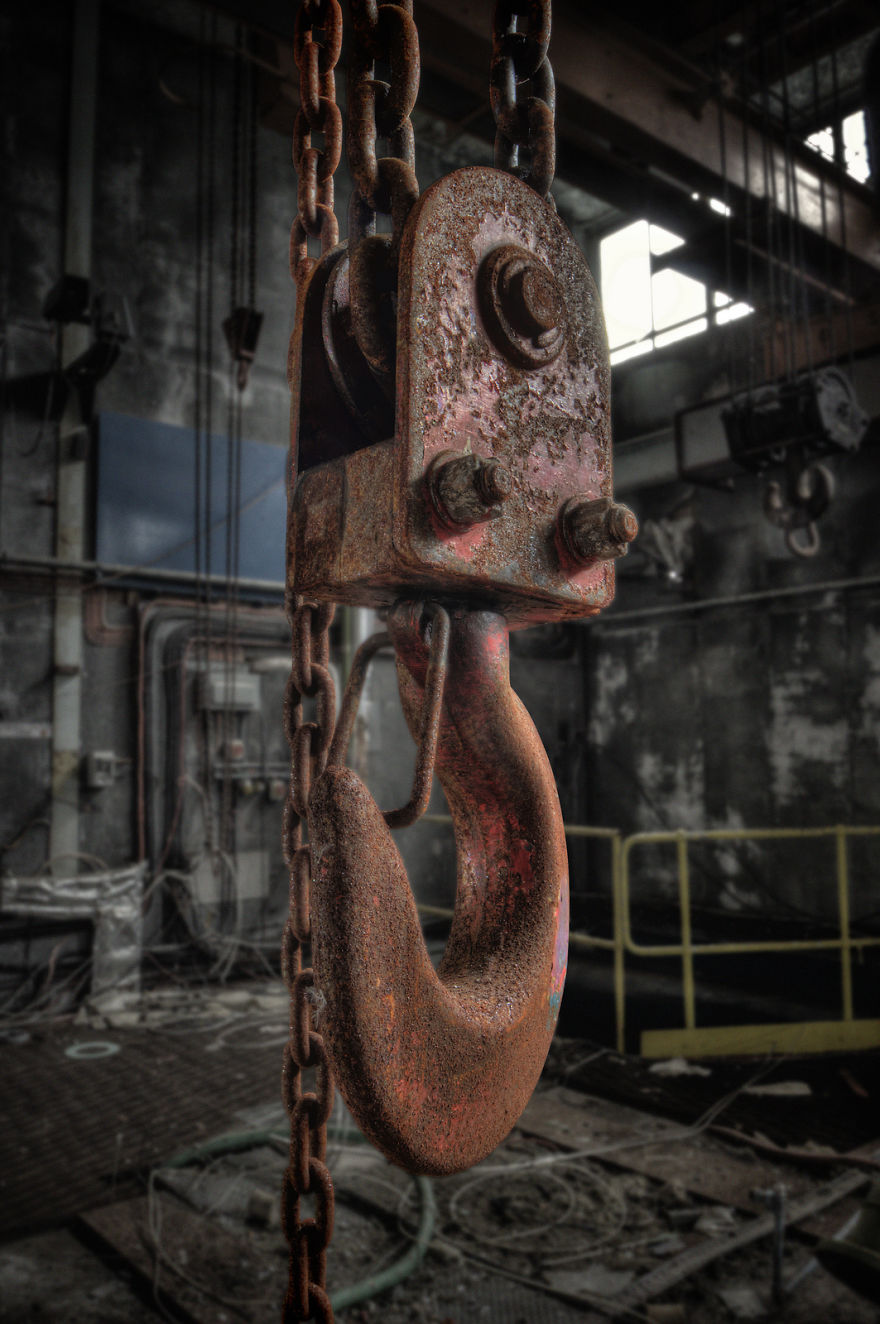
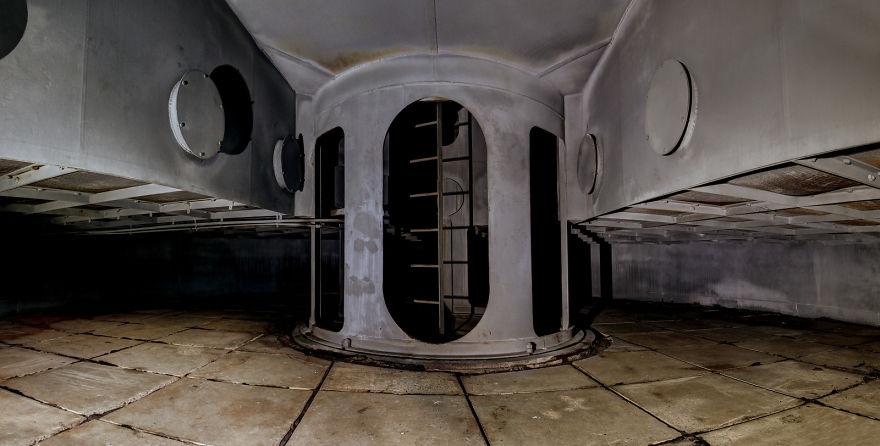
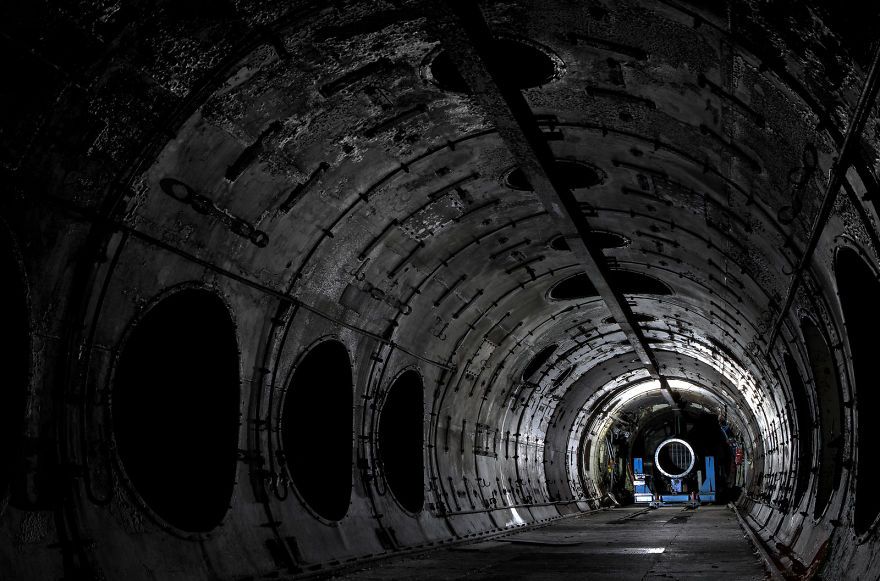
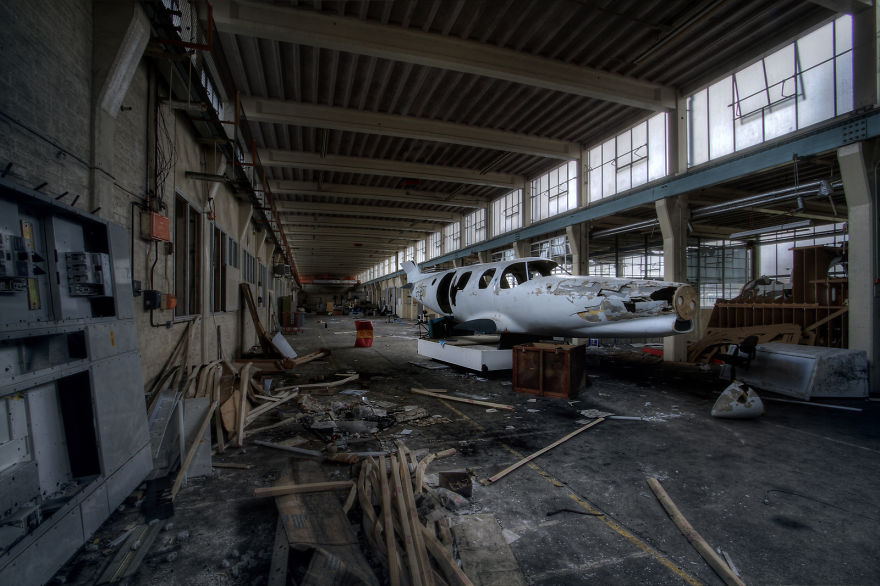
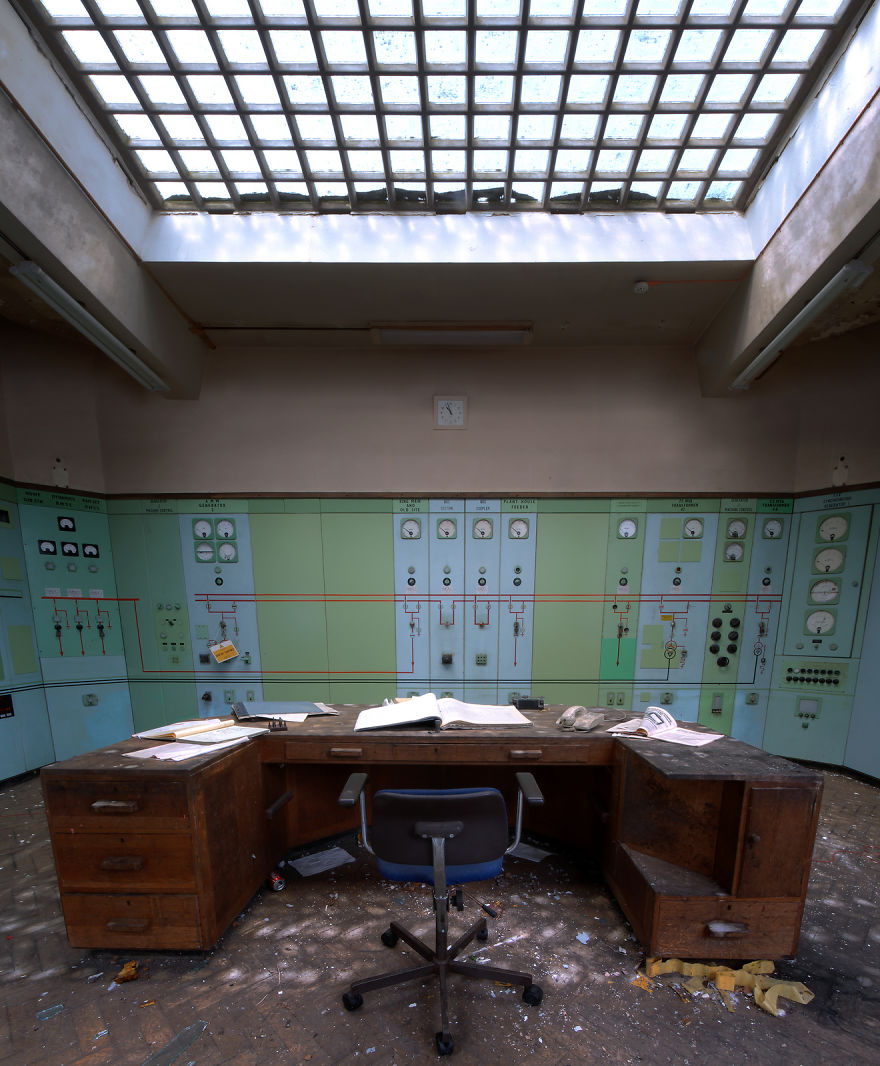
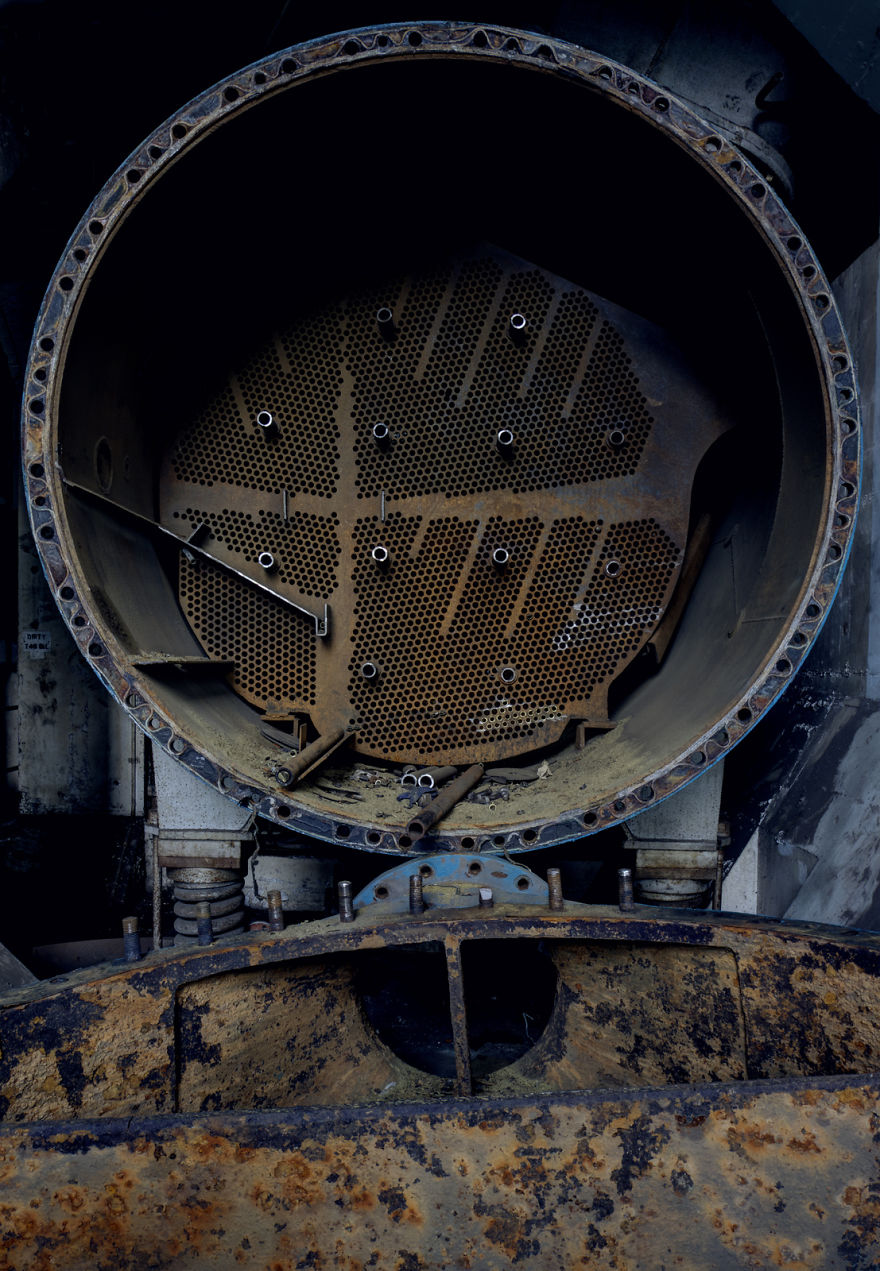
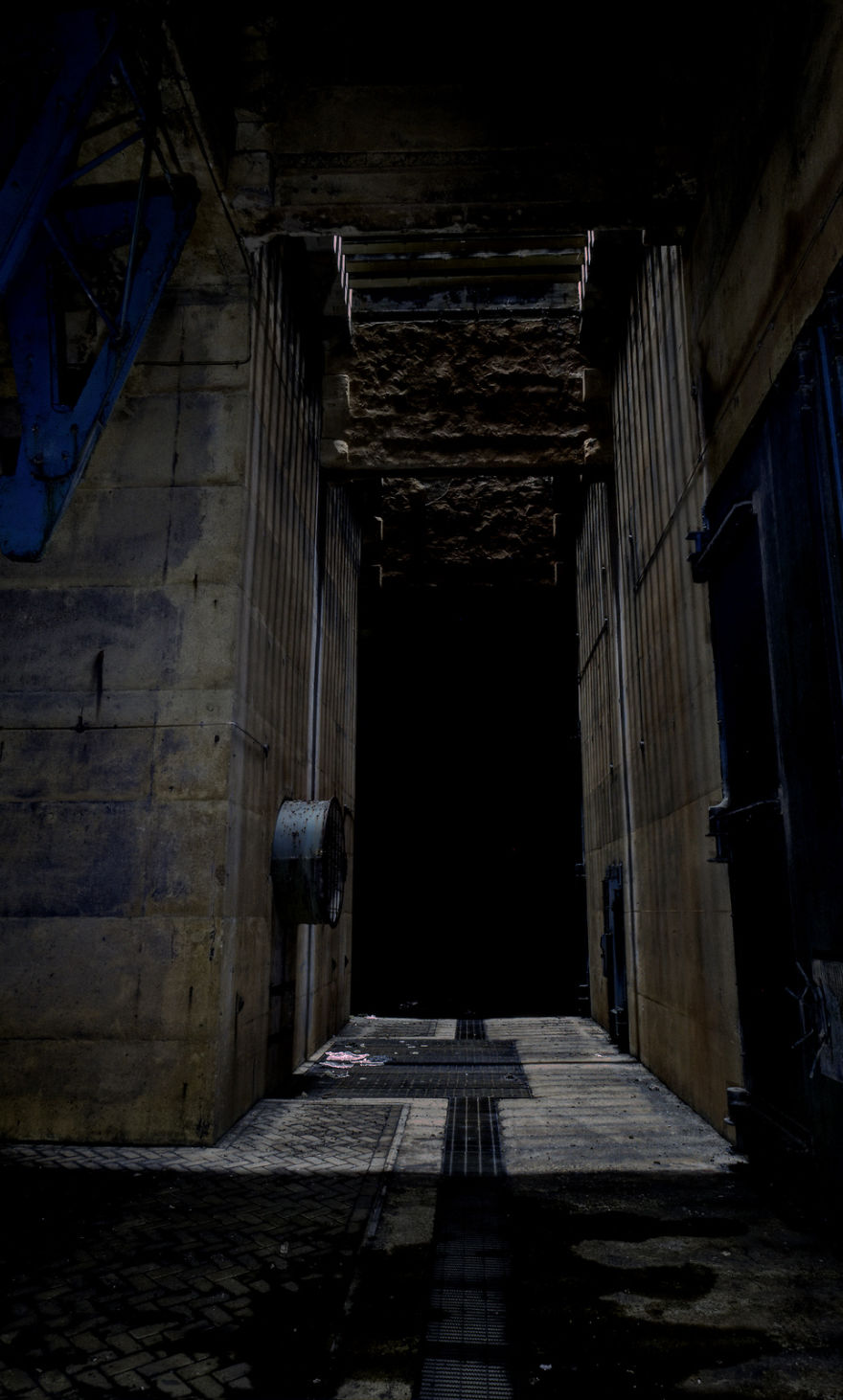
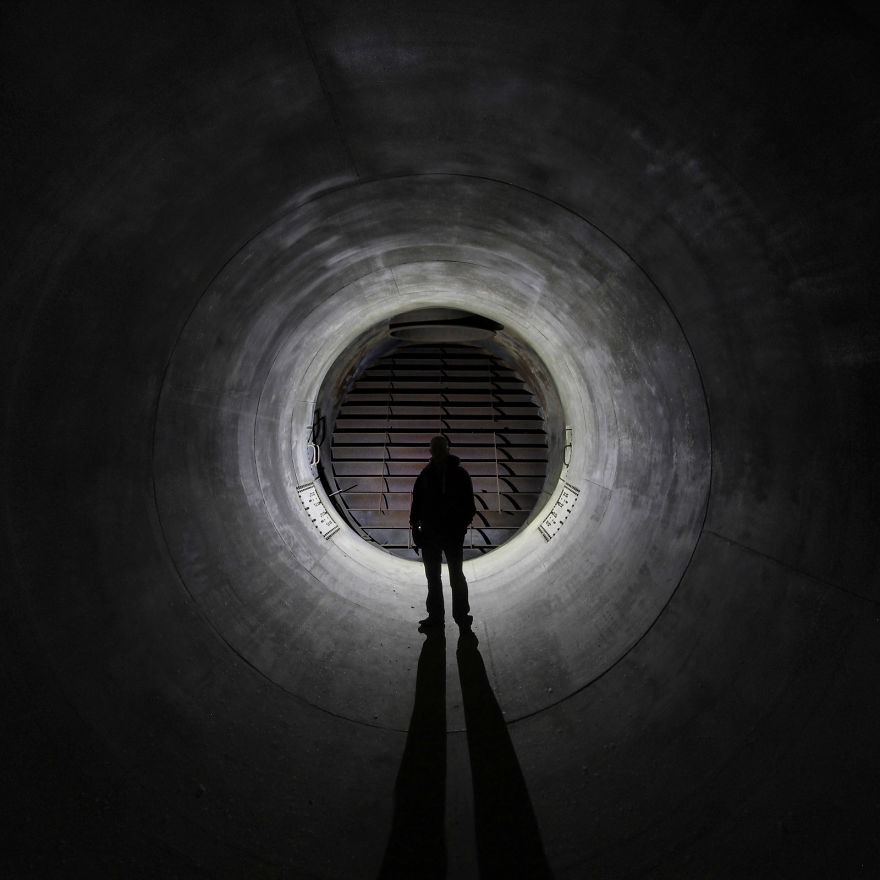
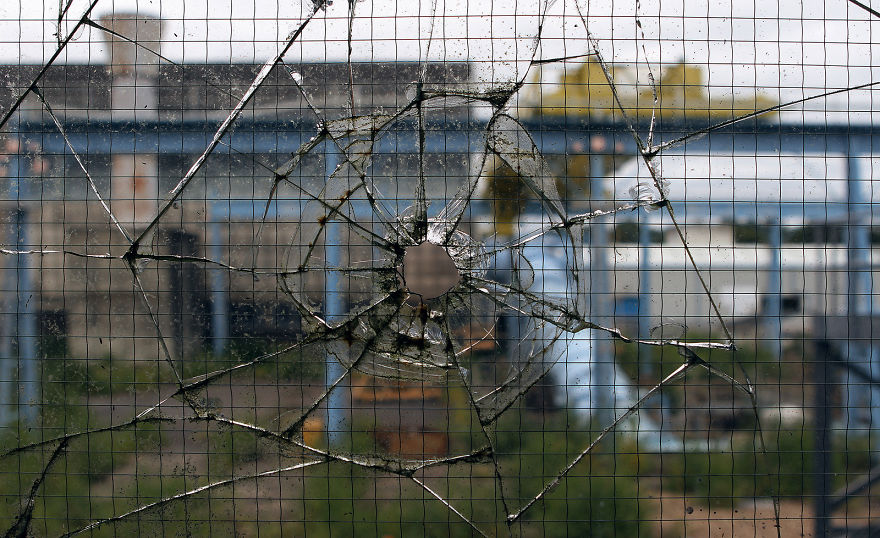























9
0